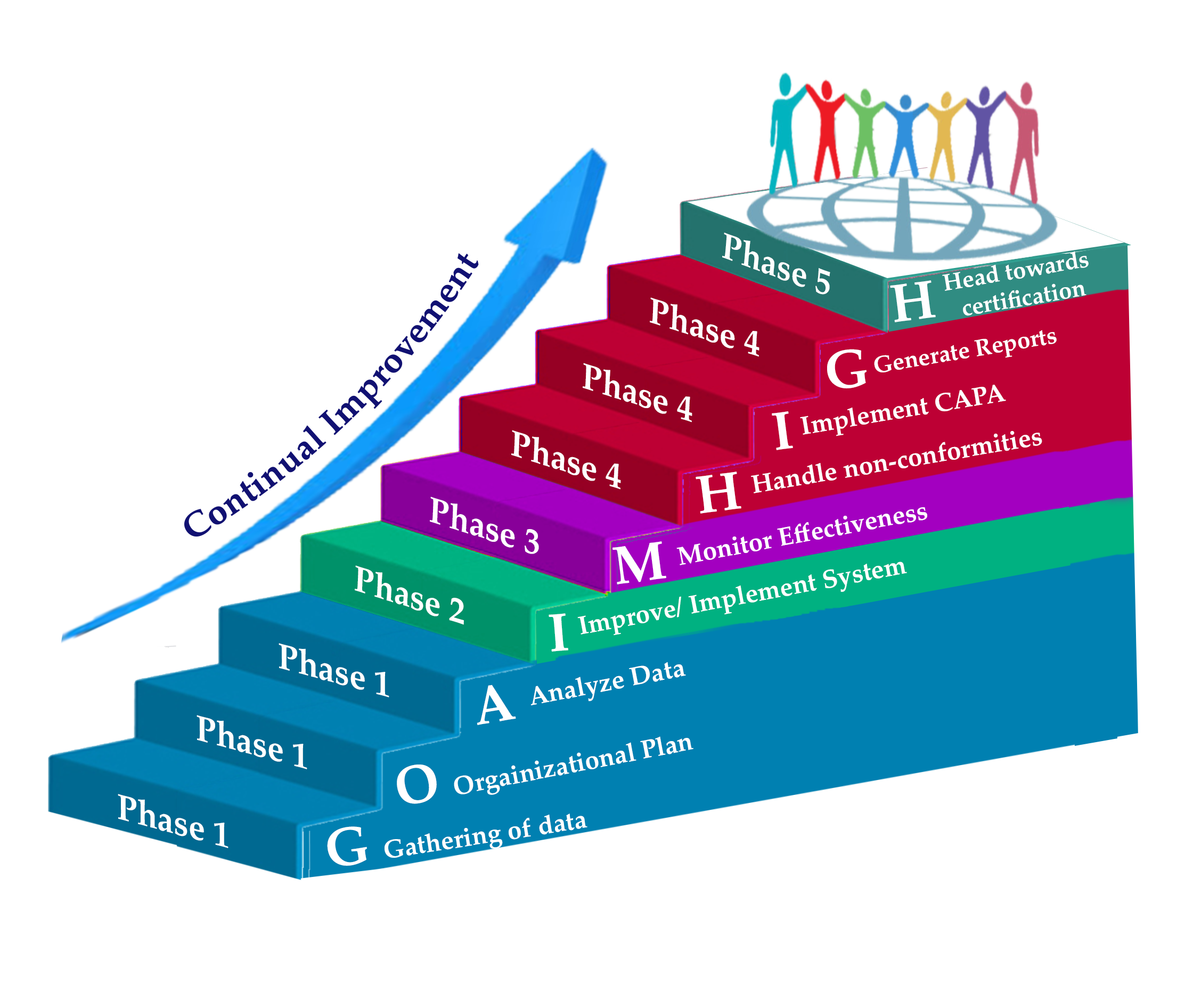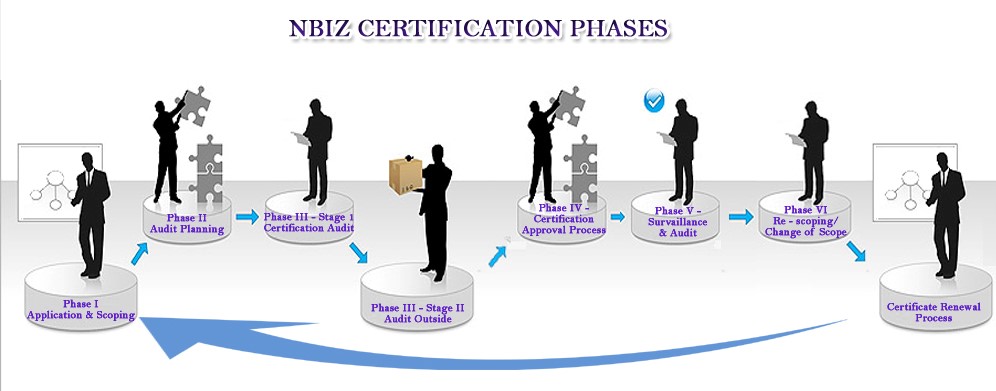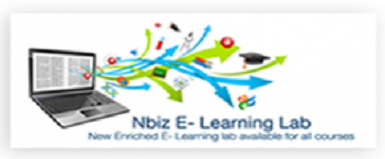ISO Consultation Certification Services

Our Clint Rating: 4.8 Start Based on 35 users
ISO 22000-Food Safety Management Systems
ISO 22000:2005 is a Food Safety Management Systems, recognized as an international certification standard. The standard outlines Food safety management system requirements for any organization in the food chain and is one of a family of standards focused at the development, implementation and improvement of a food safety management system.
The objective of the ISO 22000 is to control and reduce at the most acceptable level of any identified hazards for the end products which are being delivered and distributed.
HACCP is a preventive system for assuring the safe production of food products. The application of HACCP is based on technical and scientific principles that assure food safety. An ideal application would include all processes from the farm to the table. The principle of HACCP can be applied to food production, meat slaughter and processing, shipping and distribution, food service and in home preparation.
The most important aspect of HACCP is that it is a preventative system rather than an inspection system of controlling food safety hazards. Prevention of hazards cannot be accomplished by end product inspection and controlling the production process with HACCP offers the best approach. The application of HACCP is systematic because structured hazard analysis and implementation are provided.
The assurance of safety comes from the process of identifying the hazards, establishing controls for the identified hazards, monitoring the controls and periodically verifying that the system works.
The ISO 22000 standard and HACCP outlines and combines generalized criteria’s which are recognized to be the key elements to ensure food safety management, including:
- Internal and external interactive communication;
- System management at all levels within the organization from the staff to the customers and third-parties involved.
- Overall control of food safety hazards through prerequisite programs with the combined HACCP plans for successful implementations.
- Continual improvement programs are being implemented and maintained for the food safety management system throughout the organization.
- It integrates and reinforces the hazard analysis and critical control point system which creates a very effective food safety management system.
Adapted from the ISO standard: ISO 22000:2005
ISO 22000:2005 is an international food safety standard certification, accomplished and can be achieved through the ISO certifying bodies worldwide. Its primary focus is to achieve requirements for food safety control systems.
ISO 22000 certification can be used by all the types of organizations which are involved in the Food supply chain. It helps and continuously improves the business, quality and food safety system control and risk analysis
-

A preventative approach to food safety management which can help the organization to identify the processes improvements and reduce the cost of end product testing.
-

Is complementary to Quality Management Systems such as ISO 9000 and aligns with the ISO 14001 – Environmental Management Systems.
-

It provides evidence of due diligence & reduces the likelihood of product recall & adverse publicity which can cost save on any future incidents and complaints.
-

It shall increase the customer satisfaction which will demonstrate commitment to customer satisfaction. The standard is aimed on reducing the customer’s dissatisfaction as well.
-

Facilitates better understanding of food packaging safety issues throughout the organization that could be implemented at all levels.
-

Improves staff performance through the promotion of team spirit & improves staff morale and motivation through a safer food processes and cleaner working environment.
-

A clear, auditable, global standard providing a framework to bring together all parts of your Food Safety Management System (FSMS) to provide a better quality to the consumers.
-

Tests compliances with the statutory and regulatory requirements are well maintained and monitored to avoid any future non-conformances.
The Nbiz GO-AIM-HIGH methodology was developed to provide the continuous success for every clientle’s project. It represents the Nbiz Team Consultants activities during the involvement from the initial phase until the last phase to conclude the project successfully.

The acronyms on the GO-AIM-HIGH methodology are already tested, applied and proven methods by the Nbiz Team Consultants during the implementation of the project. These are the activities performed which represents the corresponding phases related during the project implementation.
We are delighted to provide you the detailed explaination of our GO-AIM-HIGH Methodology on the below illustration.
G – Gathering of Data
The first step in the IMS Consultancy is gathering of data. In this, our consultants will be gathering all different types of relevant and existing records that are already with the client.
O – Organizational strength and weakness identification
The second step is aiming to identify the organizational strength and weaknessess.
A - Analyze and review documents, current processes and procedures
The third step in the IMS Consultancy is to conduct Gap Analysis of the current structure of the company which includes review of documents, processes and procedures in order to determine compliance to the required Management System standard. It is through this step that consultants and the company's key personnel can collaboratively formulate appropriate plan and activities to respond to gaps identified against the standard.
I-Improve, create and implement processes and procedures
The fourth step of the IMS consultancy is based on the gaps identified during step
1. Improvements and/or creation of documents meeting the requirements of the standard shall be initiated by the consultant in close coordination with the company’s key personnel. Documents shall include policies, manuals, procedures, forms/templates, instructions, etc. The documents created/improved shall be meeting the standard requirements and shall be suitable to the business activities and culture of the company. The company’s authorized representative shall review the documents and must be approved by the Top Management before issue. Additionally, Nbiz Infosol consultants shall guide companies to implement the set procedures and processes in order to comply with standard requirements. Appropriate trainings shall be provided to key personnel in order to provide or develop competence in the implementation of the system.
M-Monitor, check
Once standard is established, Nbiz Infosol consultants shall guide companies to monitor performance as per the required standard through performance measurement, check compliance and conformances through audits and inspections. Nonconformance shall be identified, reported and recorded accordingly.
H-Handle non-conformities
As part of the monitoring and checking, Nbiz Consultants shall assist companies in reviewing and re-assing their environmental aspects/impacts and occupational hazards and risks. The review and re-assessment shall be done on a regular basis or as per requirement of the ISO 14001:2004 and OHSAS 18001:2007 standards.
I-Implement corrective actions and recommendations
Once the nonconformities are identified, Nbiz Infosol consultants shall assist companies to identify root causes, implement corrections, corrective actions and preventive actions for nonconformance. Recommendations shall also be considered for continual improvement.
G-Generate reports
Reports shall be generated in all phases of the consultancy. Nbiz Infosol recognized that reports and records are essential to prove evidences of performed activities. Reports shall be properly channeled and submitted in correct and appropriate formats.
H-Head towards certification
Once, documents, procedures and processes are already established and implementation is considered adequate, Nbiz Infosol shall facilitate for the certification process of the companies. Nbiz Infosol consultants shall render support during all phases of the certification audits starting from planning with external auditors, during the actual audits, closing of the nonconformance and follow-up audits.
- Scoping on the required scope of certification. The general information required for the application and scoping are as follows:
- Initial System Study on the relevant field of certification applied and interested for, involved activities of the organization, no. of employees and the details on the available technical resources, any related subsidiary/entities.
- Any related information within the organization that will effect on the requirements to fulfill the conformity related processes, consultations on the management system, and requirements on seeking the certifications.
- Submission of the required and improved documents to obtain approval and certification from the authorized certification body.
- Coordinating Audit Plan – Our consultants will closely facilitate on the schedule communicated by the client. The audit plan will be prepared by the certification body and communicated to the client.
- Submission of the required and improved documents to obtain approval and certification from the authorized certification body.
- Facilitate to close NC’s – Our consultants will be assisting on developing and enhancing the identified non-conformances by the Auditor of the certification body.
- Facilitate in submitting non-conformities to certification body – Upon the identification of non-conformities, the consultants will be facilitating on clearing and completing all the identified non-conformities of the client to be submitted to the certification body.
- Co-ordination for approval of non-conformities and releasing of certificates from the certification body and providing the certificate the client.

Nbiz Infosol Certification is in co-ordination with many leading certification body which are internationally recognized to help our client on achieving any relevant ISO Standards.
The phases on the above diagram explains only the commonly used processes/activities in order to provide a clear summary explanation/objective during the certification process.
Nbiz Consultants Team will facilitate mostly on gathering the requirements, coordinating on the schedule, as well as submitting the requirements to the certification body.
Nbiz Infosol will not have any control/influence on the schedule/decision by any Certification Body.
Kindly note that there are extra phases involved on each relevant standards that the Certification Body Representative may add and apply whenever necessary.
1. Phase I - Application and Scoping on the required certification.
The general information required by the Certification Body Representative for the application and scoping are as follows:
- Initial System Study on the relevant field of certification applied and interested for, involved activities of the organization, no. of employees and the details on the available technical resources, any related subsidiary/entities.
- Any related information within the organization that will effect on the requirements to fulfill the conformity related processes, consultations on the management system, and requirements on seeking the certifications.
2. Phase II - Audit Planning
- Identification of Audit Criteria, scope and objectives.
- Audit Schedule preparation
- Co-ordination with clients regarding audit details and logistics.
- Preparation of checklists, audit formats, etc.
3. Phase III – Stage 1 - Certification Audit
The Certification Body Auditors will perform the following:
- Certification Body Representative will gather detail for the company’s background/information and reviewing the existing documents to understand and evaluate the company’s set objectives, policies and procedures.
- Assessing the processes in place and comparing on the set objectives is being facilitated by our consultants in order to know if it is aligned within the organizations objectives.
Phase III - Stage II – Audit (On-site)
- Opening Meeting
- Audit execution and identification of non-conformities
- Closing Meeting
- Follow-up Audit
- Audit Closure
4. Phase IV - Certification approval process is to validate the organizations system compliance and implementation. The certification can be a useful tool to boost the company’s credibility. This will also demonstrate that the products and services are being met along with the customers’ expectations. On every organization the certification is a legal or contractual requirement.
6. Phase VI – Re-scoping/Change of Scope – this is to continuously evaluate the continual fulfillment and improvement of all the required and relevant documents within the management system standard. In case there are changes to be implement on the new services/processes/products or regulatory authority’s requirements, changes required from the Top Management the Phase III – Certification Audit shall be applicable.
7. Phase VII – Certificate Renewal – the re-certification renewal demonstrates that the organization is continuously striving for improvement into the implemented Management System in order to achieve and meet the client’s satisfaction and regulatory authority’s requirements/expectations.

- Nbiz Infosol can assist your organization to acquire any relevant ISO certifications which is well-known internationally. It will generate additional business opportunities, exhibit the organizations compliance and commitment to the best-practices in any industries in order to be more competitive in today’s market.
- Nbiz Infosol consists of professionals which are high level and practically experienced and very senior Project Directors along with our well-experienced and knowledgeable Senior Consultants.
- Nbiz Infosol location advantage within the Emirates on the following: Abu Dhabi, Dubai, Al Ain, Sharjah, Ajman, Ras Al Khaimah and Fujairah (We have successfully completed many and different projects locally and also internationally).
- Nbiz Infosol strongly promotes and implements the facilitations on the relevant Management System not only for the sake of certification but to really make a difference in the processes and procedures that will be implemented throughout any organization.
- Nbiz Infosol consist of some project members which are also EFQM International Assessors this can add value to the assignment as Abu Dhabi government is highly recommending Organizational Excellence program across Abu Dhabi Emirate (and UAE).
- Nbiz Infosol prices are very competitive in the market without compromising our quality of service which in return provides our company’s commitment and to maintain repeated orders from our clients.
- Nbiz Infosol is driven by professional Senior Consultants with good cross functional knowledge of the other standards such as ISO 14000, OHSAS 18000 which will also add value to the project.
- Nbiz Infosol can be a good channel to assist the standardization within the organization. It will help to promote worldwide trading, encouraging rationalization, maintaining quality assurance and environmental protection, as well as improving the security and communication at all levels within the organization.
- Nbiz Consultants Team will work collaboratively and will be able to support the organization within the entire certification process.



 Special Offers
Special Offers
 GET OUR BEST DEALS!
GET OUR BEST DEALS!